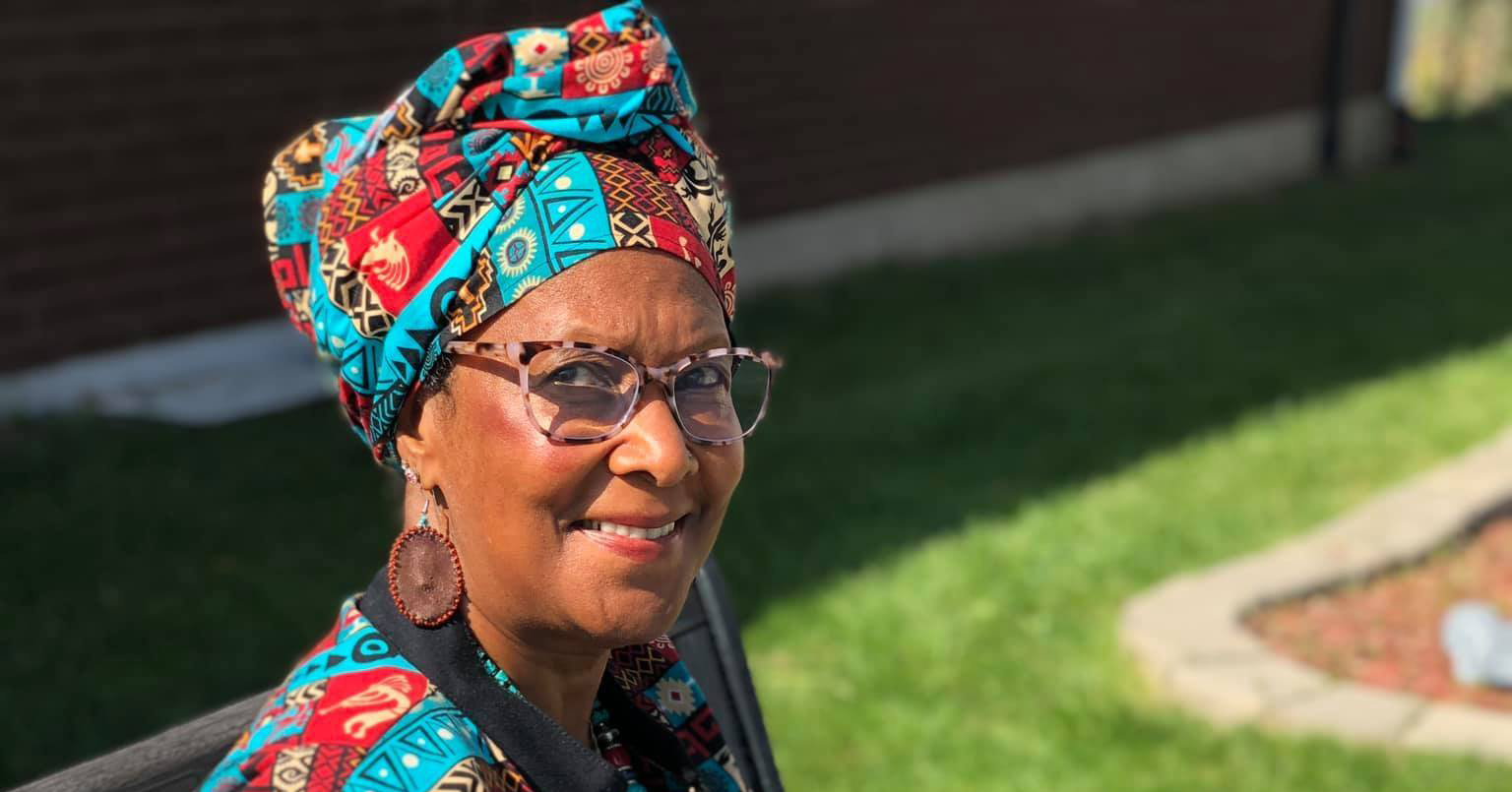Trauma research unique to the North

Dr. Teresa Naseba Marsh, NOSM Assistant Professor, Addiction Medicine, has created and established programs on approaches to trauma-informed care and self-care for learners, health professionals, Indigenous professionals, caregivers, educators, community members and survivors of intergenerational trauma.
Empathy and compassion are an integral part of social accountability. Elders talked about the compassion that medical students and doctors should understand and practice,” says Dr. Teresa Marsh. To be socially accountable in the North, she says Elders emphasized the need to prioritize the seven grandfather teachings: love, truth, honesty, courage, respect, humility, and wisdom.
Her programs blend Indigenous and Western treatment models through a Northern lens, emphasizing storytelling, human connection, workshops and healing circles.
Dr. Teresa Marsh is contributing socially accountable, culturally appropriate healing approaches to trauma, addiction, intergenerational trauma, multiple losses and oppression. As a registered and active psychotherapist, she says survivors of trauma often report that they are plagued by intrusive thoughts, and destructive behaviors.
In her book, Courage of a Nation, Dr. Teresa Marsh describes the self-determination of Indigenous healing. She cites an experience at an Indigenous healing circle in Ahousaht, on Flores Island in British Columbia, where the group formulated its own prevention strategies and solutions for addiction and trauma through group discussion amongst community members, guidance from Elders, and group consensus decision making.
“The group felt safe and validated. When we serve others and we do the work together our pain becomes more bearable. When we bear witness to each other’s suffering, magic is created, and I experienced this as a collective healing. The most significant were changes in spirituality and connection,” she says.
In 2021, Dr. Teresa Marsh taught NOSM medical students in a Community-Based Learning (CBL) module. In her deep awareness and understanding of trauma, vicarious trauma and burnout, she ensured that she created a safe place and atmosphere for students to express their challenges and concerns during COVID-19.
The medical students felt she was a fantastic facilitator. “I really enjoyed and feel lucky to have been in her group. Thank you for sharing your positivity and being supportive to all members of the group!”
“Dr. Teresa Marsh was the best CBL facilitator that I have had yet. She cared deeply about the content that we were studying but she also cared deeply about the students in our group. It is always nice to have a facilitator who practises in the area that is being studied as it aids to the content.”
Read more about this topic:
- Dr. Teresa Marsh’s research and programs.
- Blending Aboriginal and Western healing methods to treat intergenerational trauma with substance use disorder in Aboriginal peoples who live in Northeastern Ontario, Canada
- The Application of Two-Eyed Seeing Decolonizing Methodology in Qualitative and Quantitative Research for the Treatment of Intergenerational Trauma and Substance Use Disorders
- Indigenous Healing and Seeking Safety: A Blended Implementation Project for Intergenerational Trauma and Substance Use Disorders
- Impact of Indigenous Healing and Seeking Safety on Intergenerational Trauma and Substance Use in an Aboriginal Sample
- The Sweat Lodge Ceremony: A Healing Intervention for Intergenerational Trauma and Substance Use
